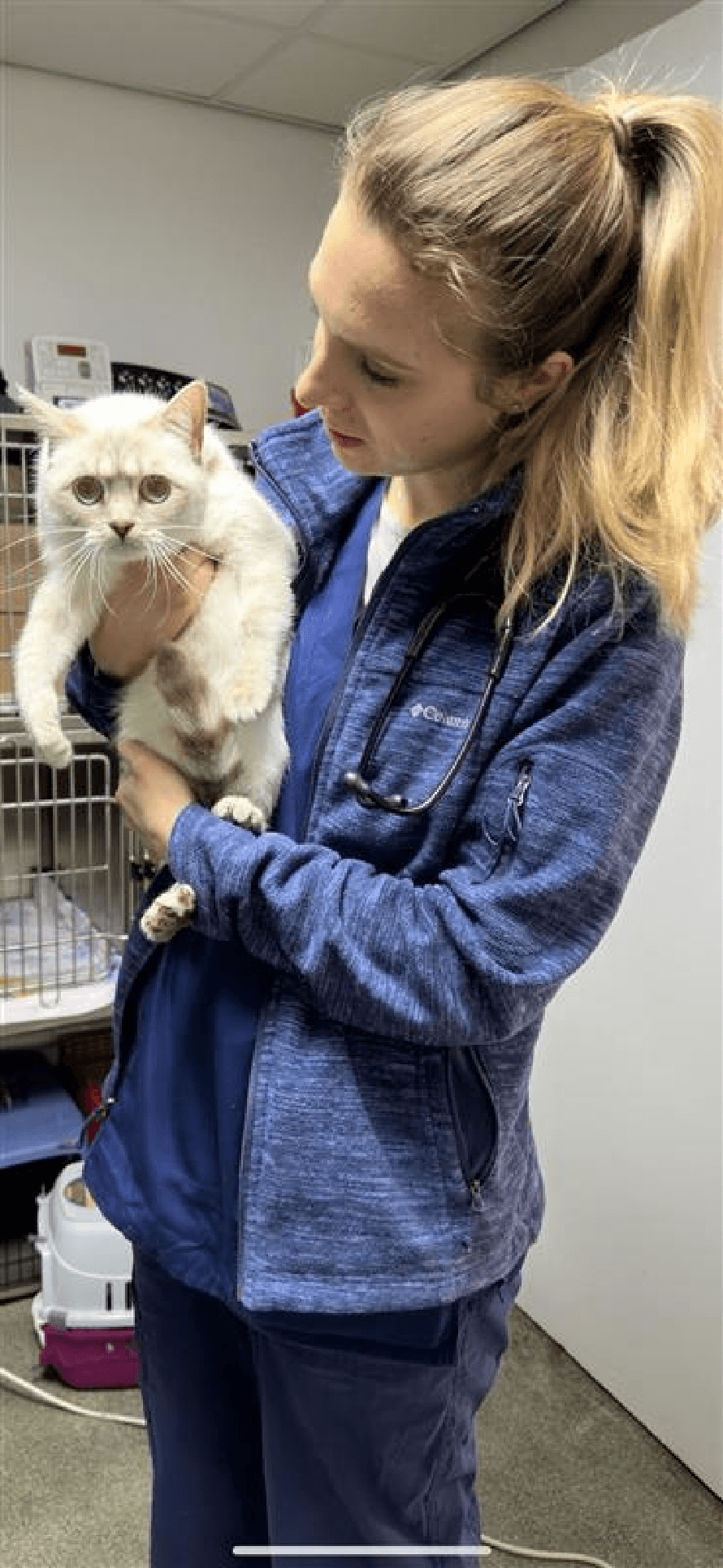

Itchy Skin Conditions In Dogs
Itchy skin, or pruritis, is a common issue for dogs that can affect their overall well-being. Just as chronic pain impacts humans, persistent itching can significantly reduce your dog’s quality of life. Fortunately, addressing itchy skin can lead to positive changes in your dog’s behavior, making them more playful, improving appetite, and enhancing overall interaction.

Which Breeds Are Prone to Skin Diseases?
Certain breeds, such as West Highland White Terriers, Shar Peis, French Bulldogs, English Bulldogs, and Cockerpoos, are more susceptible to skin problems and itching.
What Causes Itching in Dogs?
Itching in dogs is a sign of an underlying issue, including: Parasites: Fleas and dust mites are common culprits, leading to scratching, red skin, and bald patches. Infections: Bacterial and fungal infections can cause itching, often accompanied by fur loss, scaly skin, and odors. Allergies: Reactions to insect bites, food, or environmental factors like pollen can result in allergic itching.
Symptoms of Itchy Skin in Dogs?
Common signs of itching in dogs include excessive scratching, chewing or biting at the skin, licking, rubbing against furniture or the ground, rashes, redness, flaky skin, irritability, and restlessness.
How to Treat Your Dog’s Itchy Skin
Consult a Vet: Schedule a free consultation with your local Animal Trust vet clinic to identify the underlying cause of your dog’s itching. Treatment Options: Depending on the diagnosis, treatment may include antihistamines, prescription parasite control, anti-inflammatory steroids, antibiotics, hypoallergenic food trials, and specialized medications like Apoquel or Cytopoint injections. Home Care: Keep up with parasite control, avoid strong detergents, identify and avoid potential triggers, conduct hypoallergenic food trials, consider skin care supplements, and use shampoos or medicated shampoos as recommended.
Can You Cure Your Dog’s Itchy Skin?
The possibility of a cure depends on the underlying cause. Issues like parasites, allergens, or infections can often be resolved with appropriate treatment. However, for dogs with ongoing hypersensitivity to food or environmental factors, lifelong management may be necessary.
Seek Veterinary Advice Early
Skin conditions can be complex, so always follow your vet’s guidance. Early veterinary intervention can prevent worsening symptoms, reduce suffering, and minimize the need for extensive treatment. If your dog’s condition persists or worsens, consult your vet for further advice.
Concerned About Your Dog? Act now!

Animal Trust is a trading name of Animal Trust Vets CIC, a community interest company registered in England and Wales. Company Registration No: 07938025
Registered Office: Animal Trust Administration Centre, Cedab Road, Ellesmere Port, CH65 4FE
